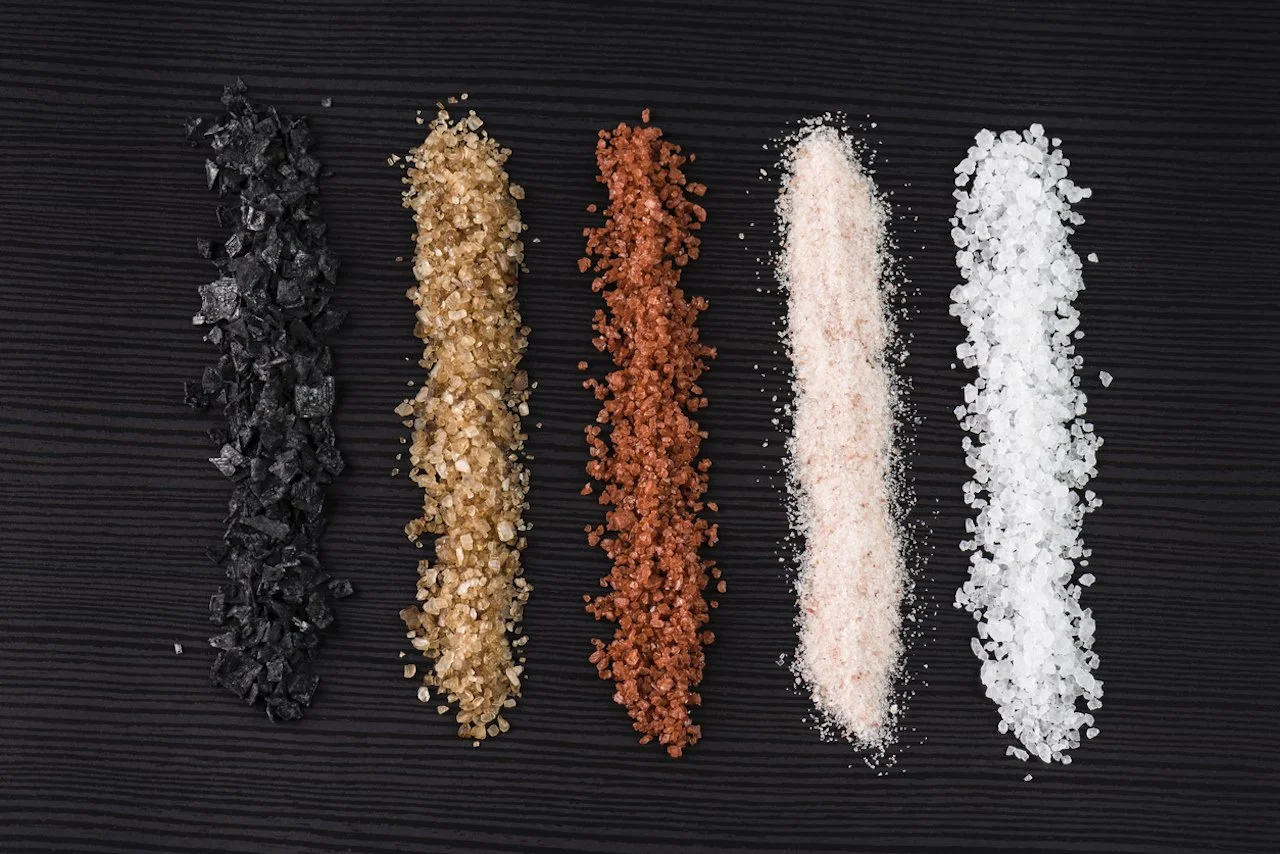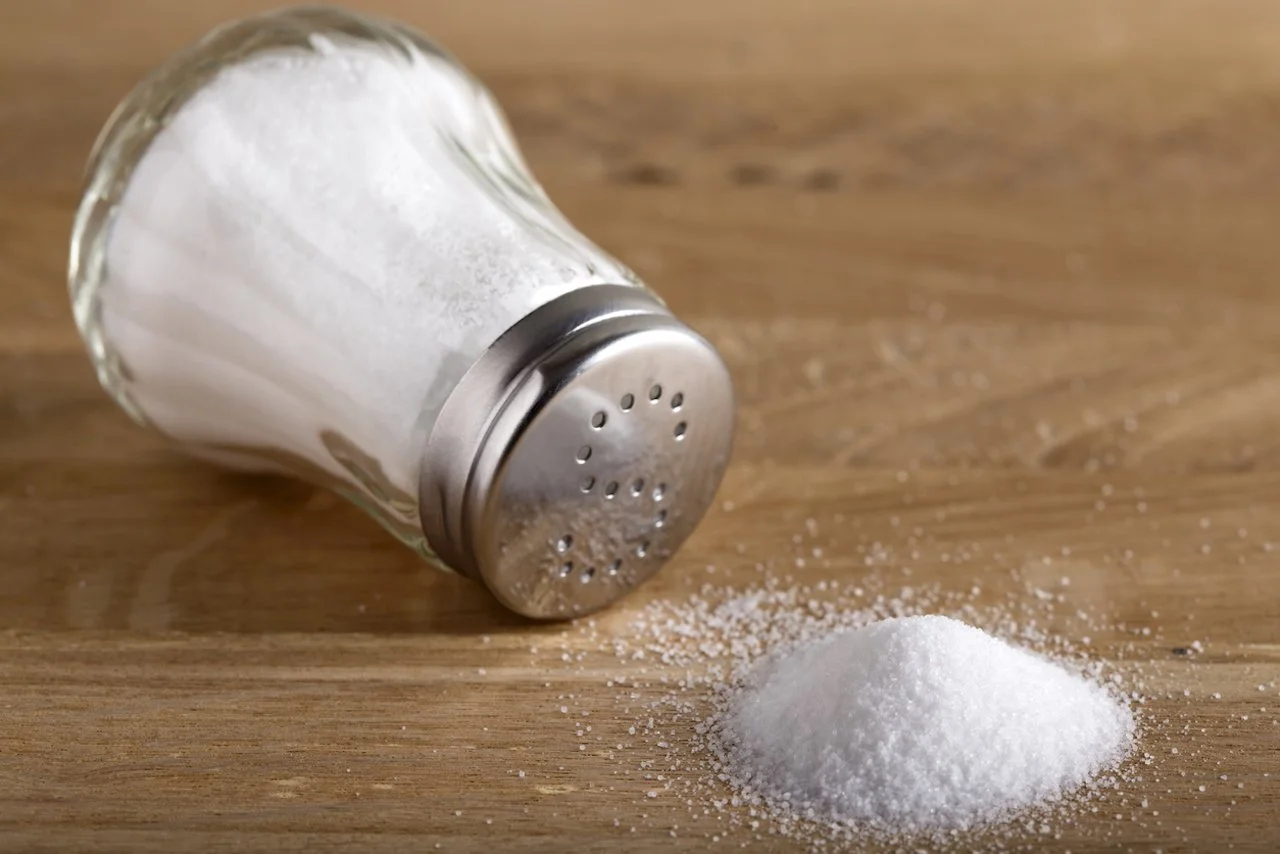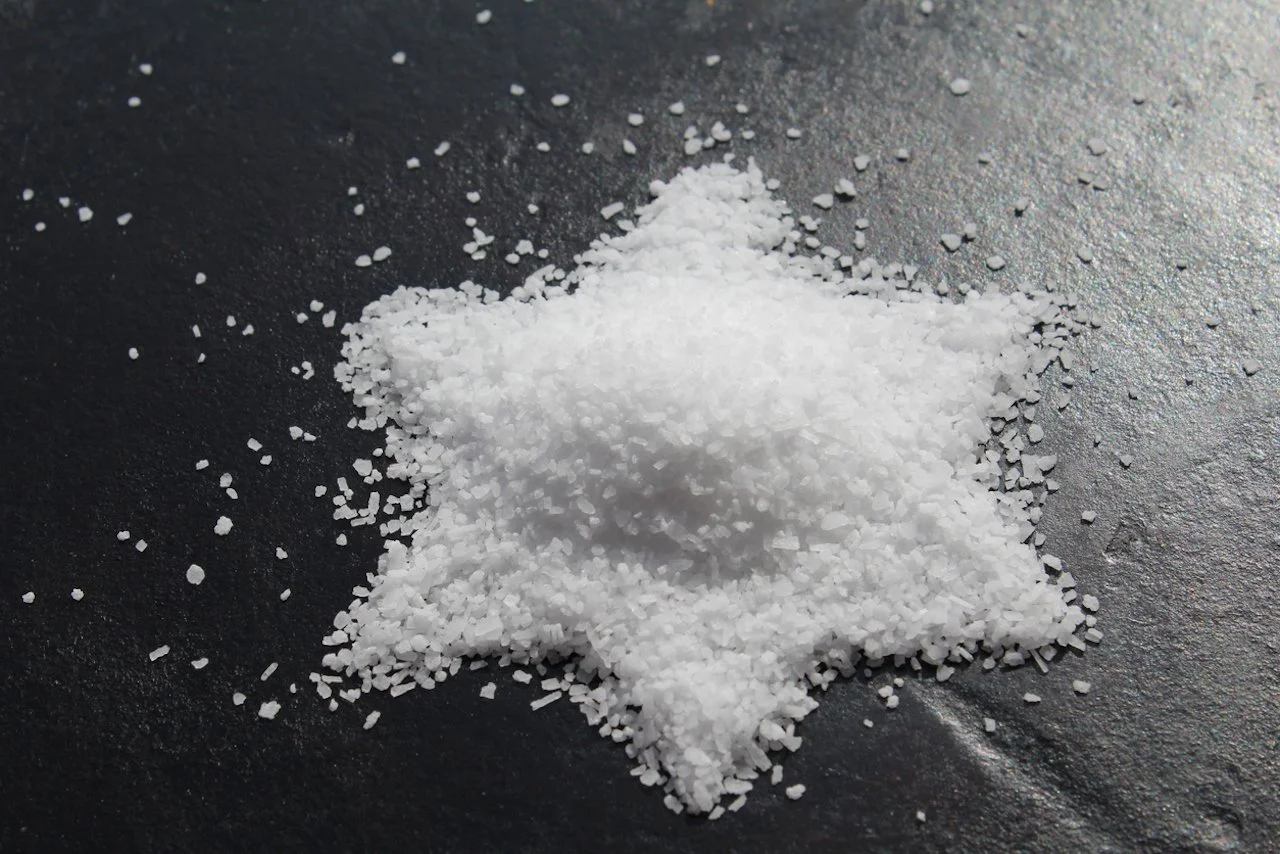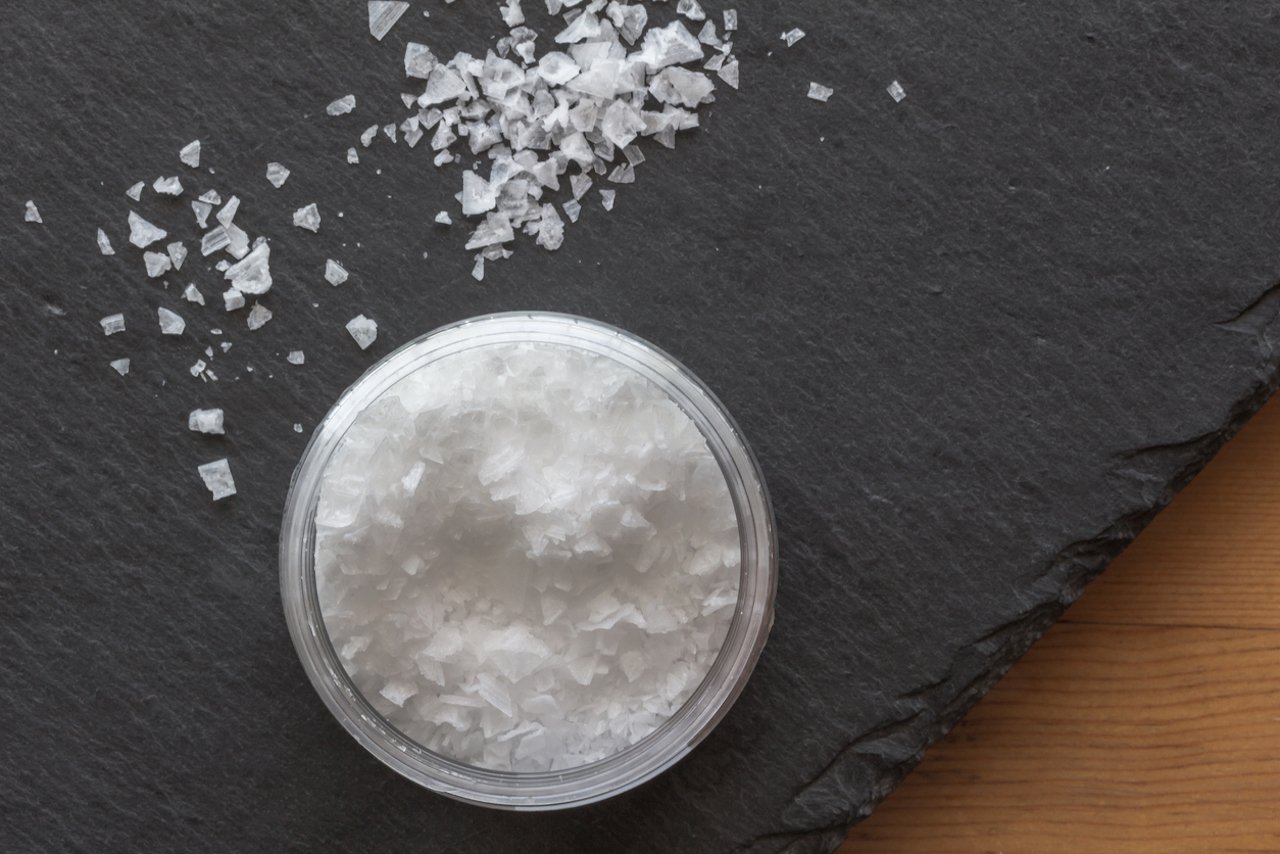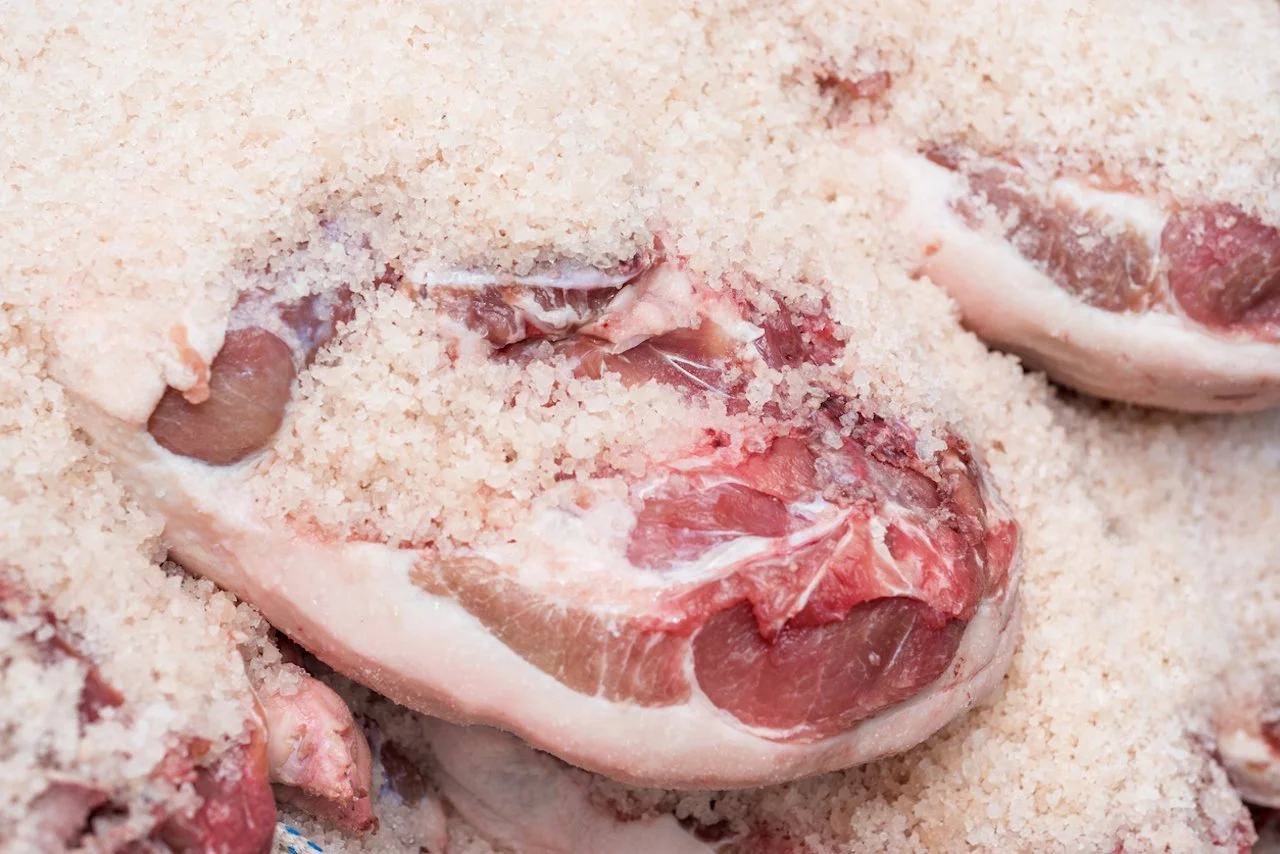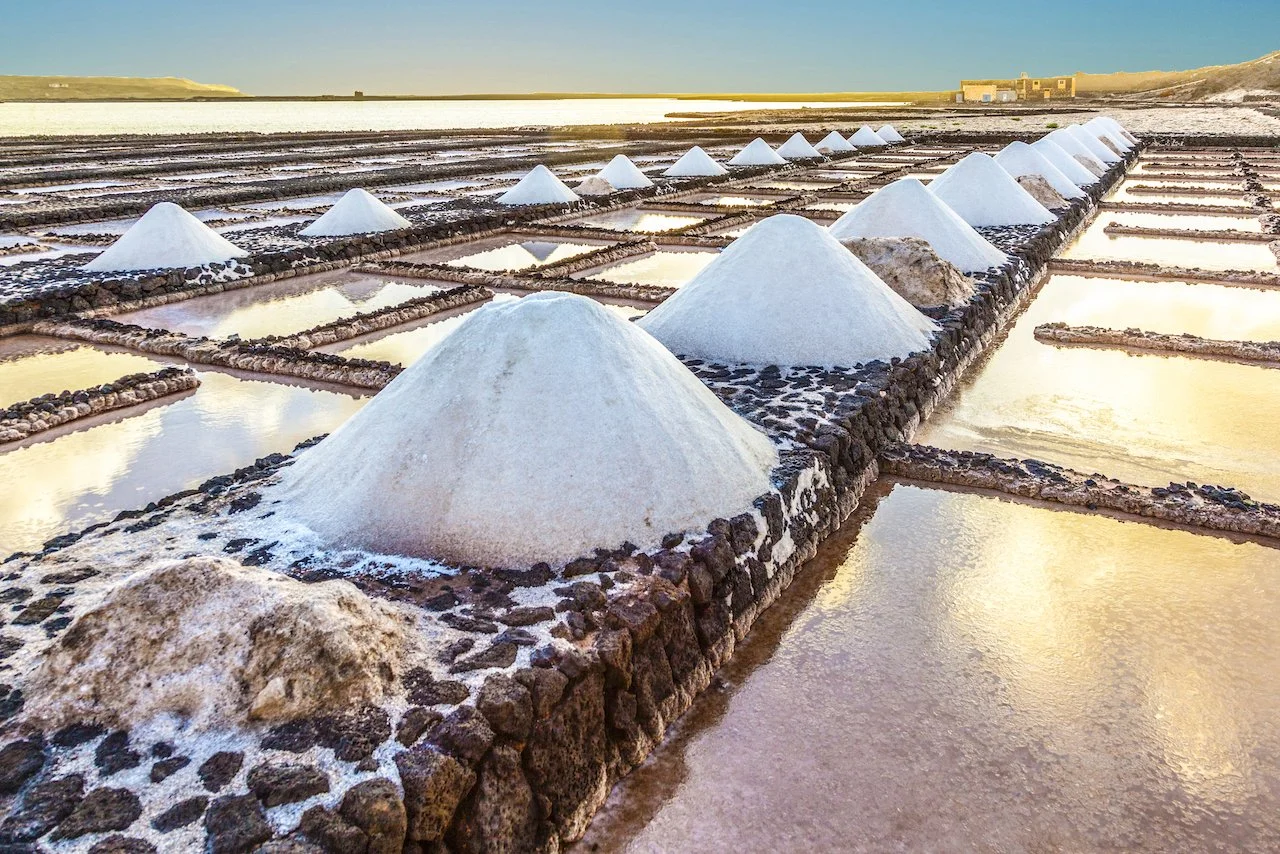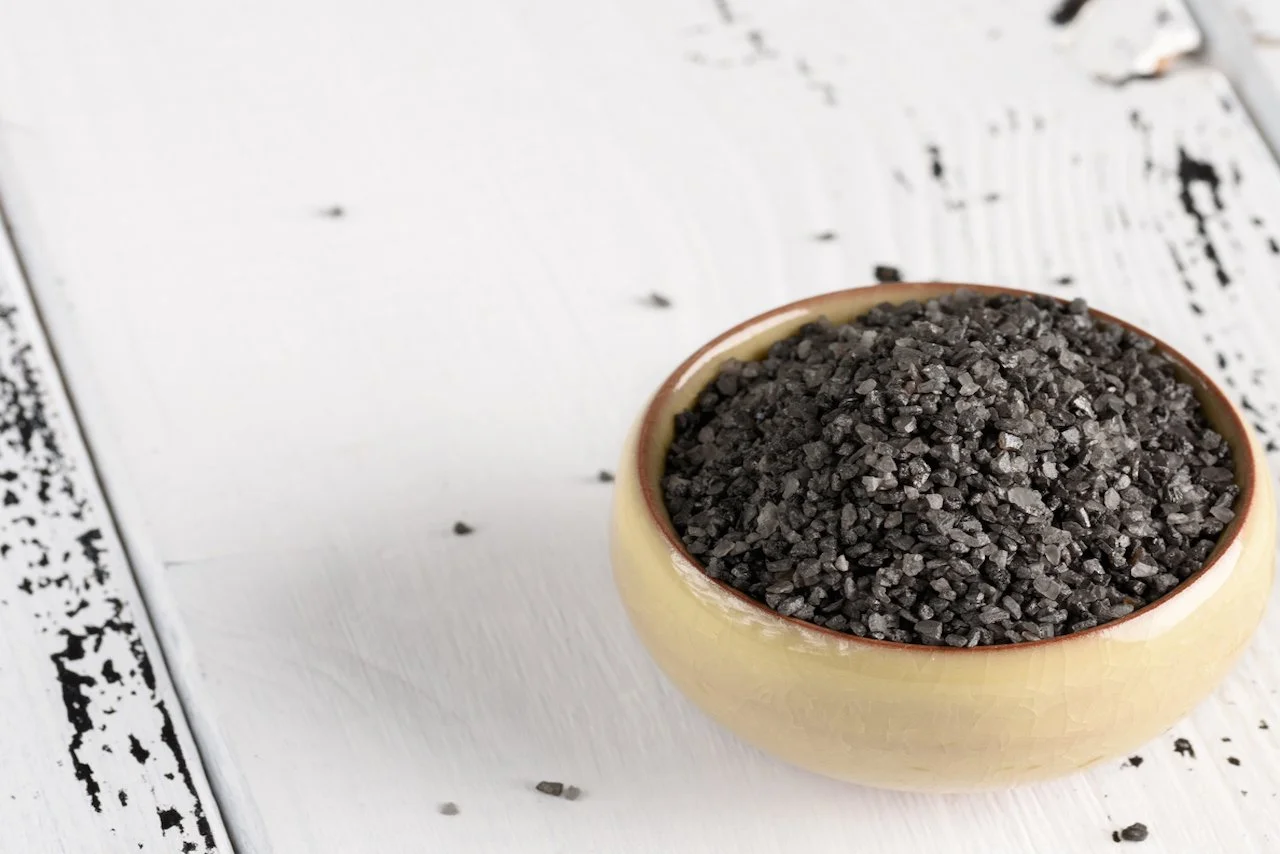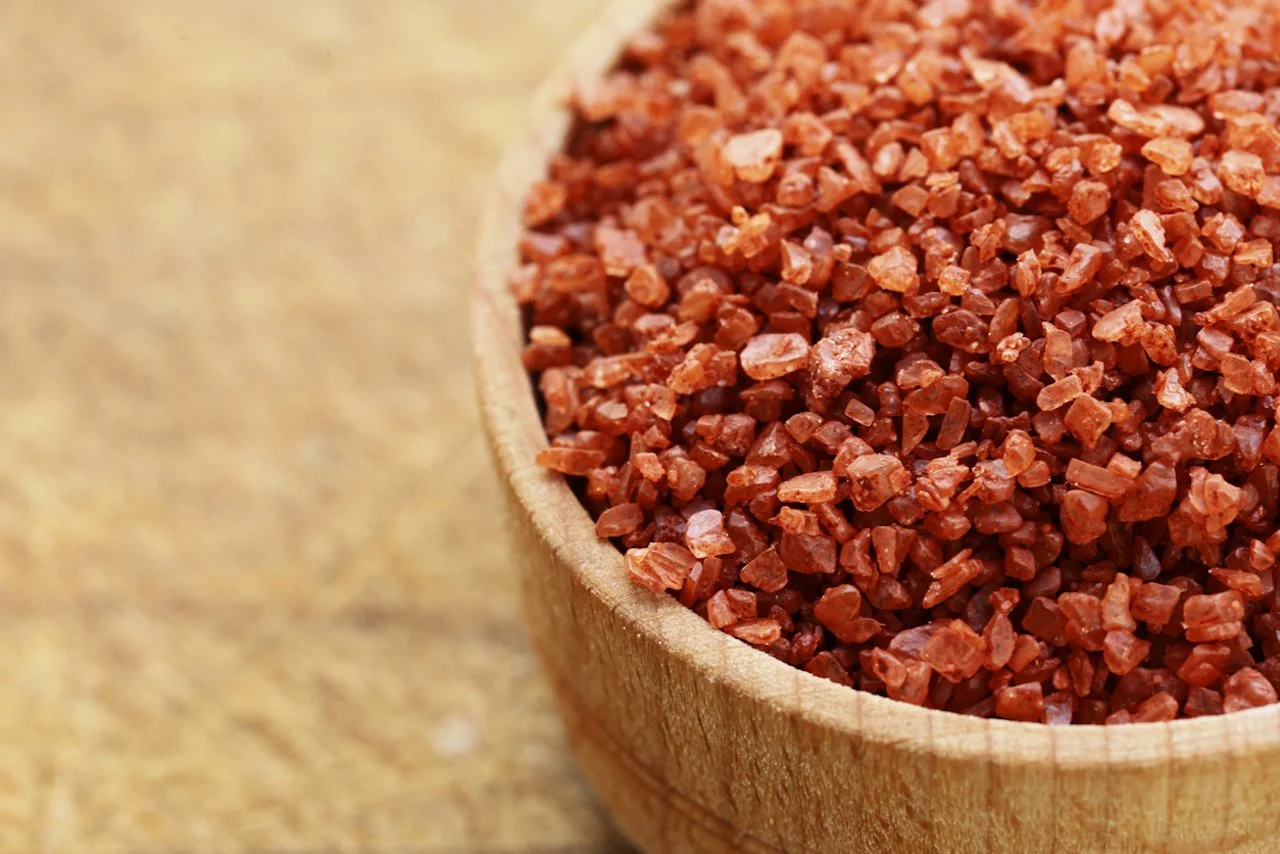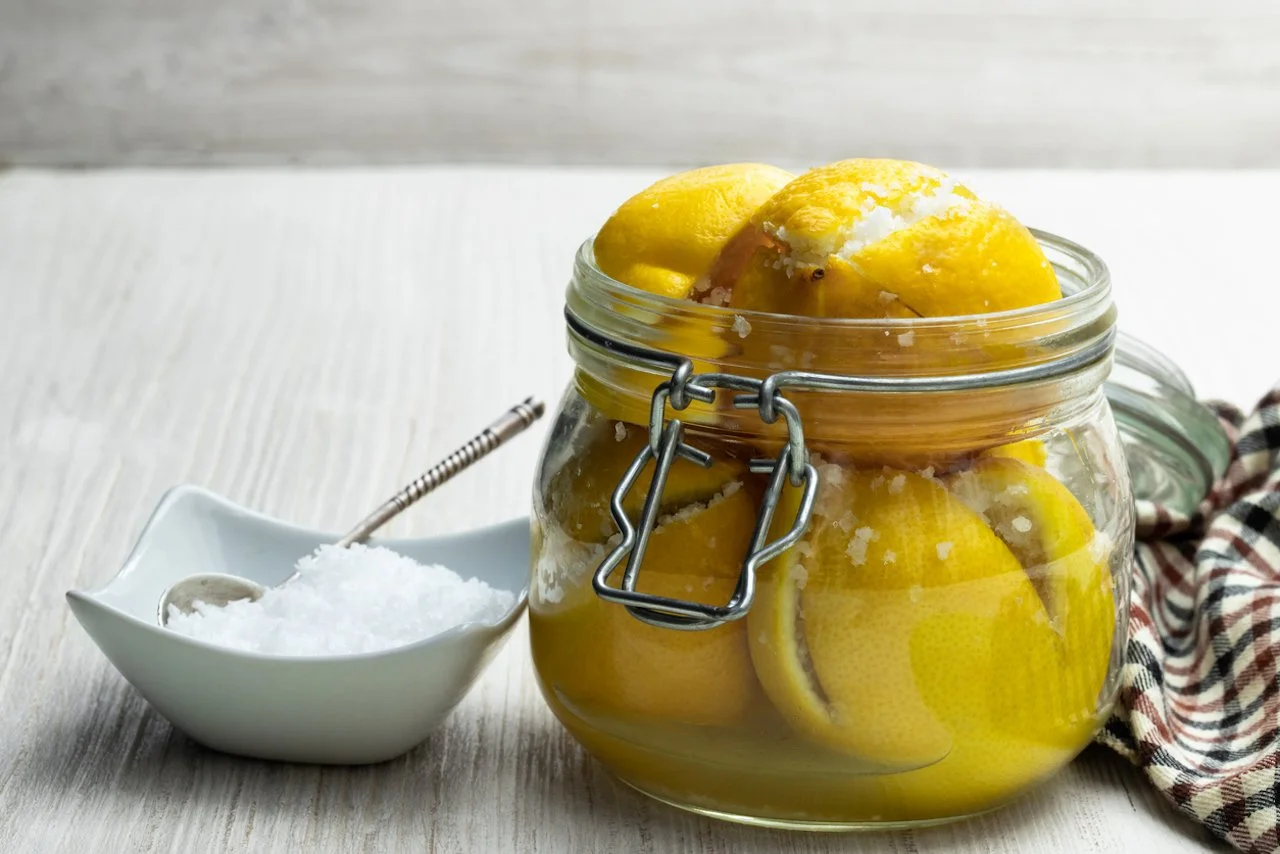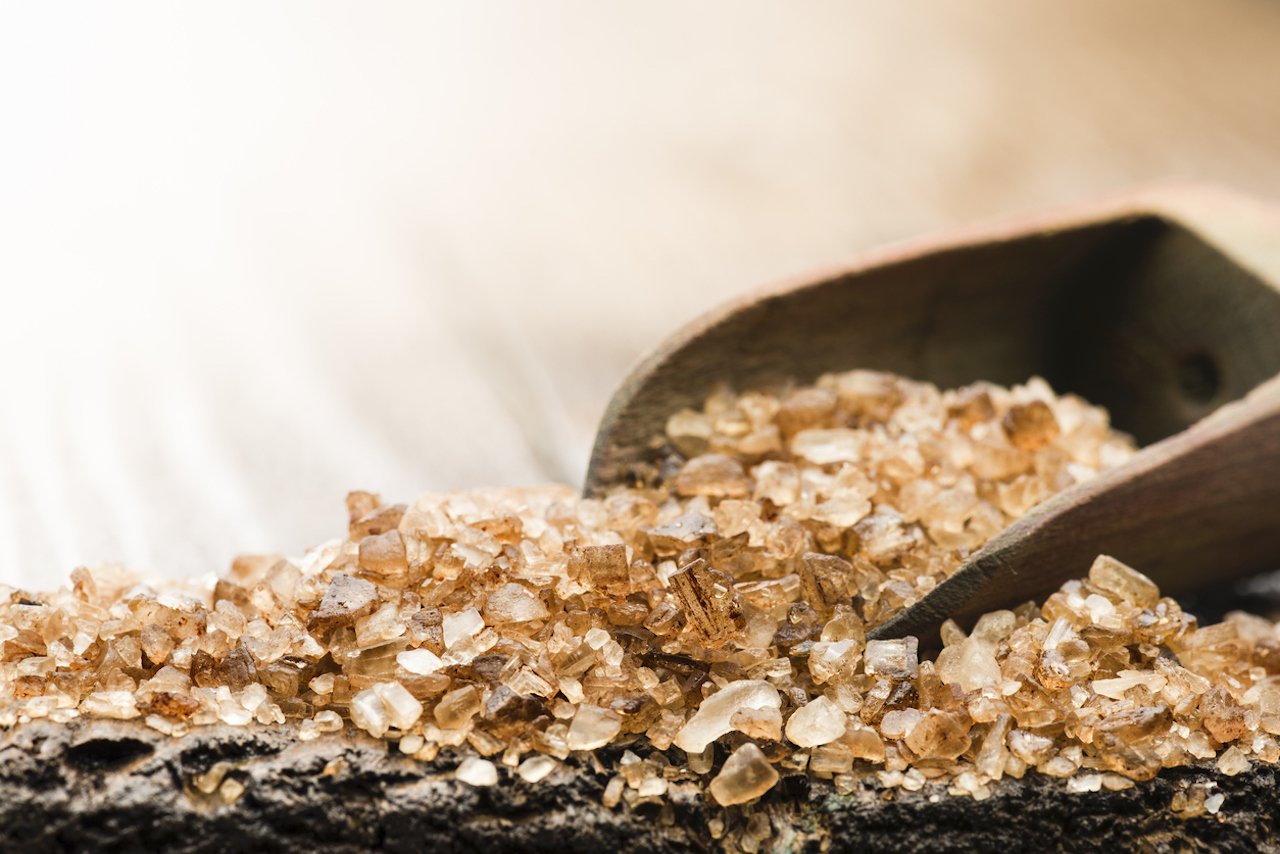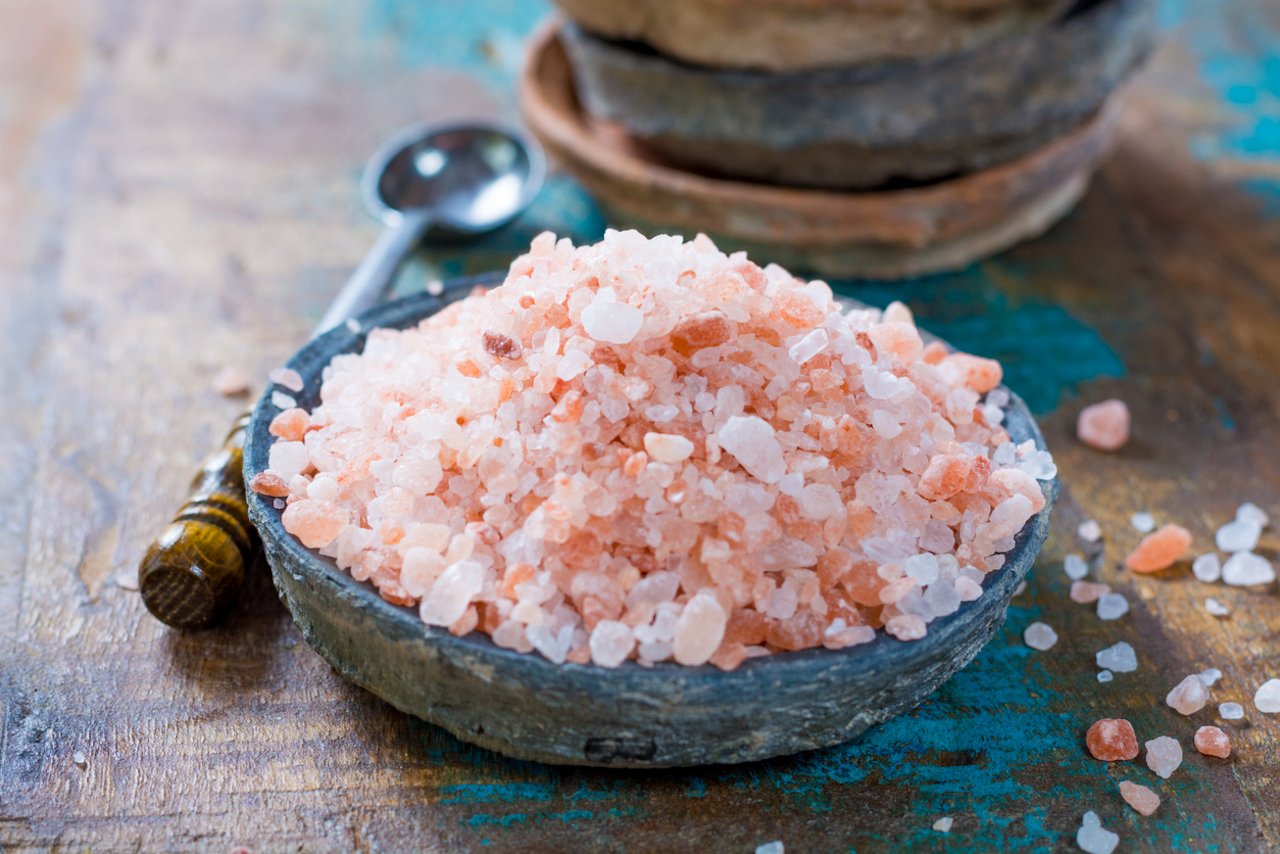The Different Types Of Salt
Discover > Texas Home Cooking > The Different Types Of Salt
These days it would be incredibly difficult to enter any society where salt isn't a major contributor to the population. From food to health and spa treatments, to furniture and decorations. Salt plays important role in our day-to-day lives, so let's talk a little bit about it and the different types.
Salt consists of one sodium and one chlorine atom ionically bonded to form Sodium Chloride(NaCl). A typical molecule of salt is 40% sodium and 60% chloride and it's by far our biggest dietary source of sodium. Different salts have different mineral properties depending on their natural environment and their processing after harvesting.
Salt plays a vital role in not only our ecosystem, but our economy and every day lives. Here are some common, and some less common salts that are used around the world.
Table Salt
It would be a challenge these days to come across a home without any table salt. It's the stuff you see in shakers at restaurants. Created from natural salt deposits the earth has cooked up at 1200º Fahrenheit and then ground up into the fine crystals you see in those shakers. Anti-caking agents are often added to prevent lumps.
Kosher Salt
Kosher salt (how long does kosher salt last?) is similar to table salt. It is called a lot in recipes because it is flakey and dissolves quickly spreading flavor quickly. It is non-iodized, has no additives, and comes from the same deposits as table salt or from the sea. The term kosher salt gained common usage in North America and refers to its use in the Jewish religious practice of dry brining meats—known as kashering—and not to the salt itself being manufactured under any religious guidelines.
Salt Flakes
Salt flakes are big in flavor, but low in minerals. The irregular-shaped flakes are extracted by evaporating seawater leaving the delicate flakes behind. It elevates the flavor of food easily because of how quickly it dissolves.
Fleur de Sel
Translating from French, “flower of salt” is a salt that forms a thin layer on top of evaporating seawater although it was traditionally used as a purgative and salve, it is now used as a finishing salt to flavor and garnish food. The name comes from the flower-like patterns of crystals in the salt crust.
Black Lava Salt - Black Hawaiian Salt
From the volcanic islands of Hawaii, black lava salt is bold and smokey. These days it's produced commercially by mixing salt with charcoal, but in nature, the activated charcoal binds with salt on its own. This salt is classically known to be a key ingredient in beauty regimes because of its wide range of medicinal properties.
Alaea Salt
Alaea salt also referred to as Hawaiian red salt, is unrefined sea salt (how long does sea salt last?) that has been mixed with a volcanic clay rich in iron oxide called 'alaea'. This gives the seasoning its characteristic brick red color. It has a mallow earthy favor that makes it perfect for smoking and grilling meats and seafood.
Pickling Salt
This type of salt, hence its name, is the salt used for pickling food items such as cucumbers, peppers, eggs, etc. Pickling salt is essentially just sodium chloride or table salt. The difference is that pickling salt doesn't contain any iodine or and anti-caking products that could discolor pickling brine. If you want to know more about pickling check out this article.
Smoked Salt
Smoked salt is, just as you would expect, salt that has been smoked by bark-free wood for up to 14 days. The type of wood you use impacts the flavor of the salt, just like when smoking meats. Its mellow color and bold flavor provide a smokey element to food making it an ideal salt for meats.
Himalayan Pink Salt
Himalayan salt is rock salt (how long does rock salt last?) mined from the Punjab region of modern Pakistan. The salt often has a pinkish tint due to mineral impurities. It is primarily used as a food additive but is also used as a material for decorative lamps and spa treatments. Although there are no scientific studies or claims to support this, it is said to provide many health benefits.

